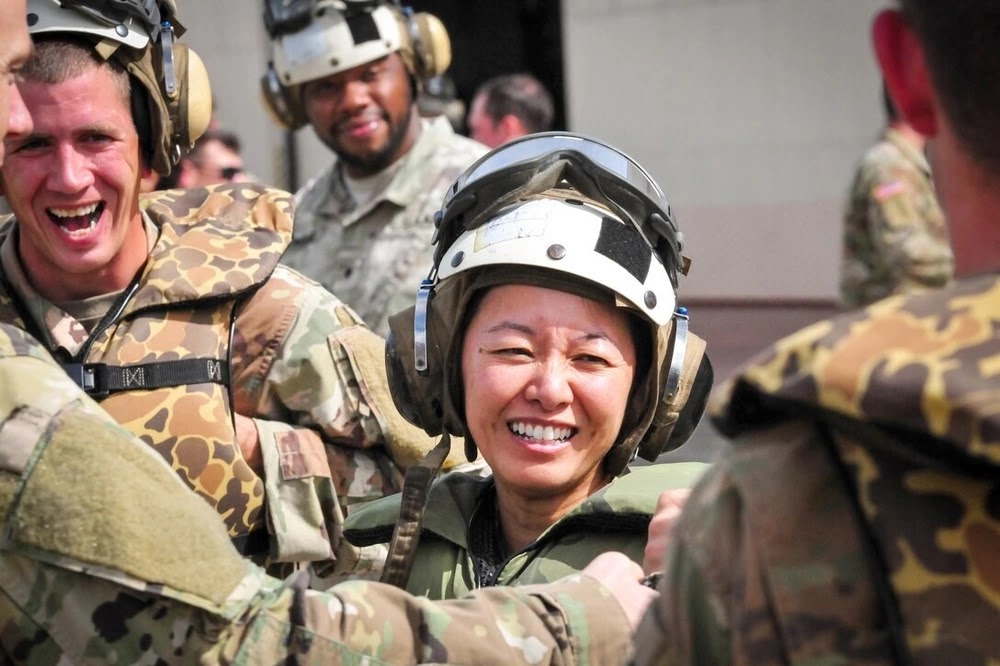KYIV, UKRAINE – In a significant diplomatic maneuver, Ukraine has formally proposed a direct meeting between President Volodymyr Zelensky and Russian President Vladimir Putin. The proposal aims to find a top-level breakthrough to the ongoing conflict, even as parallel efforts to organize a comprehensive international peace summit remain stalled by profound disagreements between Kyiv and Moscow.
The call for a presidential-level meeting was reportedly communicated through diplomatic channels, with Ukrainian officials suggesting it is a necessary step to address the most critical issues that lower-level negotiations have failed to resolve. Kyiv's position is that a face-to-face discussion is the only way to potentially end the war based on terms that respect Ukraine's sovereignty.
However, this push for direct talks comes against a backdrop of deep-seated friction over the framework for a broader peace conference. Ukraine, with the backing of its Western allies, has been promoting a "Global Peace Summit" based on President Zelensky's 10-point peace formula. This plan insists on the full withdrawal of Russian troops from all internationally recognized Ukrainian territory, including Crimea, as a prerequisite for any lasting settlement.
Russia has unequivocally rejected this framework, labelling it an "ultimatum" and a "non-starter." Moscow has stated it will not participate in any summit organized on Ukraine's terms. Instead, Russian officials insist that any peace negotiations must acknowledge the "new realities on the ground"—a reference to their claimed annexation of four Ukrainian regions, a move not recognized by the vast majority of United Nations members.
This fundamental clash has created a diplomatic impasse:
Ukraine's Stance: Peace is only possible after the restoration of its territorial integrity. The international community must unite to pressure Russia into compliance.
Russia's Stance: Talks can only begin when Ukraine and the West accept its territorial claims and address its security concerns, including Ukraine's potential NATO membership.
Analysts view Ukraine's proposal for a one-on-one meeting as a two-pronged strategy: it demonstrates Kyiv's willingness to engage in direct dialogue, potentially appealing to neutral global powers, while also highlighting Russia's rigid preconditions as the main obstacle to peace.
As of this morning, the Kremlin has not issued a formal public response to the proposed Putin-Zelensky meeting. However, Russian officials have consistently stated in the past that such a meeting would only be possible if a concrete, substantive agreement was ready to be finalized, not simply to "talk for the sake of talking."
Therefore, while the offer of direct talks introduces a new element into the diplomatic landscape, the chasm between the two nations' core demands remains as wide as ever, leaving the prospects for a near-term resolution dim.








